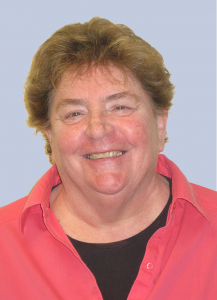

Dr. Deborah Willis – Assistant Professor for School of Social Work
The School of Social Work at EMU received a grant to fund the Behavioral Health Care Workforce Fellowship Program, an initiative spearheaded by Assistant Professor Dr. Deborah Willis MSW, PhD.
The fellowship program works to increase the number of Master of Social Work graduates who are prepared to serve children, adolescents, and transition-aged youth at-risk for, or in need of, mental health interventions.
The Behavioral Health Care Workforce Fellowship Program prepares advanced MSW students for employment across the vast field of child-serving systems and organizations by placing them into local partner agencies. This program gives the students the opportunity to practice and refine the skills they learn in the classroom in a practical setting.
The funding that the fellowship received covers a small amount of indirect costs that allow Dr. Willis to manage the application process, mentor the students in their field placements, and help them develop their projects. It also covers the cost to educate Field Supervisors so they can properly support the students, help them successfully complete their internships, and move into employment. However, the overwhelming majority of the funding goes to the students.
Every student who participates in the fellowship program receives a $10,000 stipend that takes the place of student loans. This helps make their education more affordable and reduces loan debt after graduation. To date, 15 fellows received stipends and applications are being submitted for an additional 25 fellows who will begin their field placement in the fall of 2016. Our goal over the next 3 years is to have 63 total students successfully complete the The Behavioral Health Care Workforce Fellowship Program!
As a result of the funding the fellowship received, our students have diligently worked to identify new interventions, support children entering the adult mental health system, develop training manuals for foster care parents, increase treatment options for developmentally disabled children in residential foster care, and develop recruitment materials for foster care parents. Without funding, this type of student driven work would not have been able to happen.

